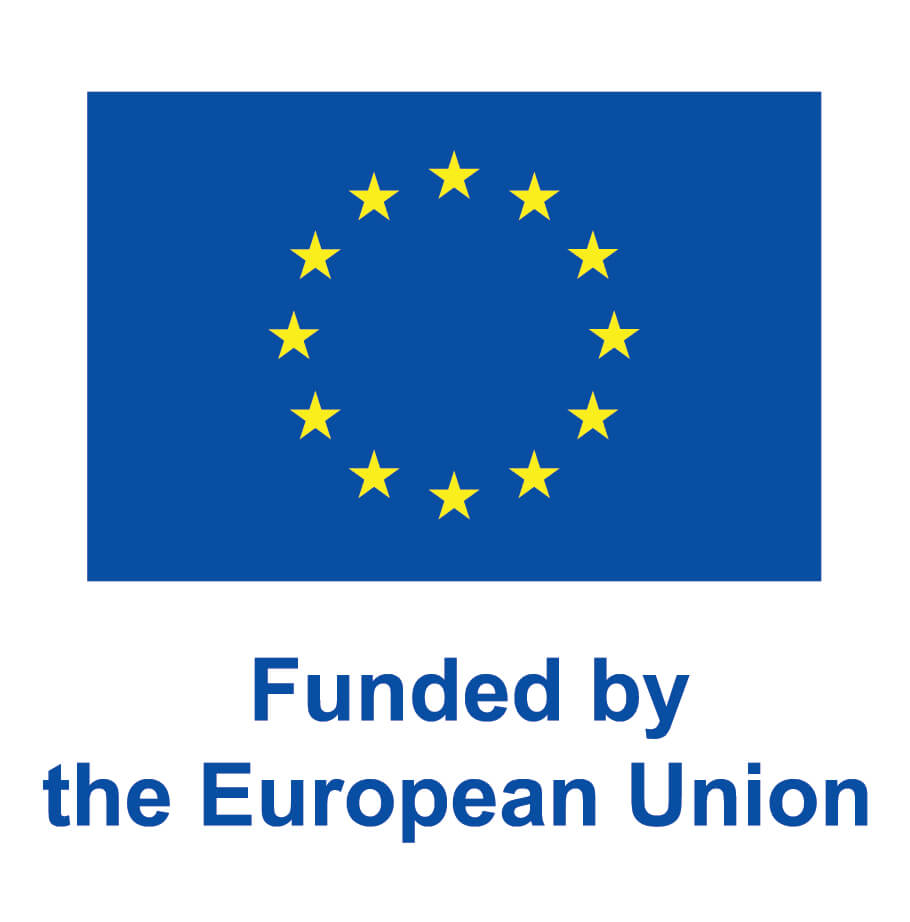A Critical Relational Perspective on Peace & Security in CEE (CEE Security Hub)
This Horizon Europe Twinning project provides a critical relational perspective on peace and security in Central and Eastern Europe. It brings together and expands knowledge on security in academia, policymaking and civil society.

The CEE Security Hub seeks to deepen our understanding of security, with a focus on conflict prevention, and to rethink European governance mechanisms and security architectures.
Our starting point is to acknowledge the fundamental connectedness of two questions typically siloed and kept apart in both mainstream security research and policy-making: whose security matters and who can speak security in regional and global politics?
We answer these questions from the creative merging of various critical perspectives – critical relationalism, feminism, de/postcolonialism, emphasis on small state and CEE expertise and peace research – that enable a more nuanced reading of security from the margins and bottom-up perspectives, and in close dialogue with wider security contexts and matters.
We argue that it is the critical vocabulary of continuum of violence, coloniality, ethico-politically charged relationalism, politics of knowledge production and the value of knowledge from CEE, and the agency and experience of small states that provides the tools to successfully unpack the politics of expertise from the CEE without losing sight of how the question of diverse security expertise and experience is tied to wider structural matters (e.g. are we, as scholars, policymakers or other expert communities, focused or conflict management of conflict prevention).
In sum, this Horizon Twinning project provides a critical relational perspective on peace and security in Central and Eastern Europe. It brings together and expands knowledge on security in academia, policymaking and civil society.
The project is a cooperation between Tallinn University, Tampere University and the University of Copenhagen. A core aim is the establishment of the Centre for Security Studies in Central and Eastern Europe (CEESHub) at Tallinn University. The centre aims to become a key research hub in the CEE offering critical research on security and welcoming diverse CEE perspectives. The larger aim of this is to work towards a security agenda that values contextual nuances and moves towards building more sustainable peace in Europe and beyond.
|
CEE Security Hub is a Horizon Twinning project between the Department of Political Science, University of Copenhagen, Tallinn University (lead) and Tampere University. Tallinn University (TLU) is a modern, dynamic and rapidly developing research university in Estonia. The Tallinn University School of Governance, Law and Society (SOGOLAS) is a competence centre for social research and practices. Presently the SOGOLAS IR study area is at the forefront of critical debates concerning research on small states, critical relationalism and politics of knowledge production. Location-wise TLU is well-placed to launch a Hub that will offer CEE perspectives to security debates. |
Tampere University (TAU)/ Tampere Peace Research Institute (TAPRI). TAU is the second largest university in Finland, with a distinctly multi-disciplinary profile, that hosts internationally prominent research projects on both peace and security. TAPRI is one of the leading peace research centres in Europe. It is a multidisciplinary and international research centre, whose mission is to conduct high quality research on the causes of war, on conditions for peace, and about how to secure and maintain peace and how to mitigate and resolve international, national, and local conflicts. In accordance with the present research agenda, the focus of TAPRI’s research is peaceful change.
Official kick-off for "Relational-Critical Peace and Security Perspectives in Central and Eastern Europe," and opening event of the Centre for Security Studies in Central and Eastern Europe (CEESHub). The Copenhagen team, Nina Græger, Maria Mälksoo and Anders Wivel, attends the event and Maria Mälksoo will furthermore contribute to a kick-off panel discussion with academics, decision-makers and civil society. Tallinn University, November 26, 2024.
Small States in World Politics Forum: Small State Cooperation and Regional Worlds, Workshop co-organized by Anders Wivel (with Revecca Pedi), University of Macedonia, October 9-10, 2024.
“From Washington to the World: Regional Perspectives on the U.S. Elections and the Future of Global”, Roundtable with the participation of Anders Wivel, University of Macedonia, October 9, 2024, watch YouTube video here From Washington to the World: Regional Perspectives on the U.S. Elections and the Future of Global
“The Security Policies of the Scandinavian countries”, Guest lecture by Anders Wivel at Baltic Airforce Staff Officer Course, General Jonas Žemaitis Military Academy of Lithuania, September 19, 2024
Internal researchers
| Name | Title | Phone | |
|---|---|---|---|
| Anders Wivel | Professor, Head of PhD programme | +4535323358 | |
| Maria Mälksoo | Professor | +4535331157 |
Project start: September 1, 2024
Project end: August 30, 2027
Contact
Anders Wivel
Professor
Department of Political Science
Mail: aw@ifs.ku.dk
Phone: +45 35 32 33 58
Follow us on:
External researchers:
| Birgit Poopuu | Associate Professor, Tallinn University |
| Benjamin Klasche | Lecturer, Tallinn University |
| Kevin P. Molloy | Junior Research Fellow, Tallinn University |
| Marko Lehti | Senior Research Fellow, Tampere University |
| Élise Féron | Senior Research Fellow, Tampere University |
| Louise Ridden | Postdoctoral Research Fellow, Tampere University |

